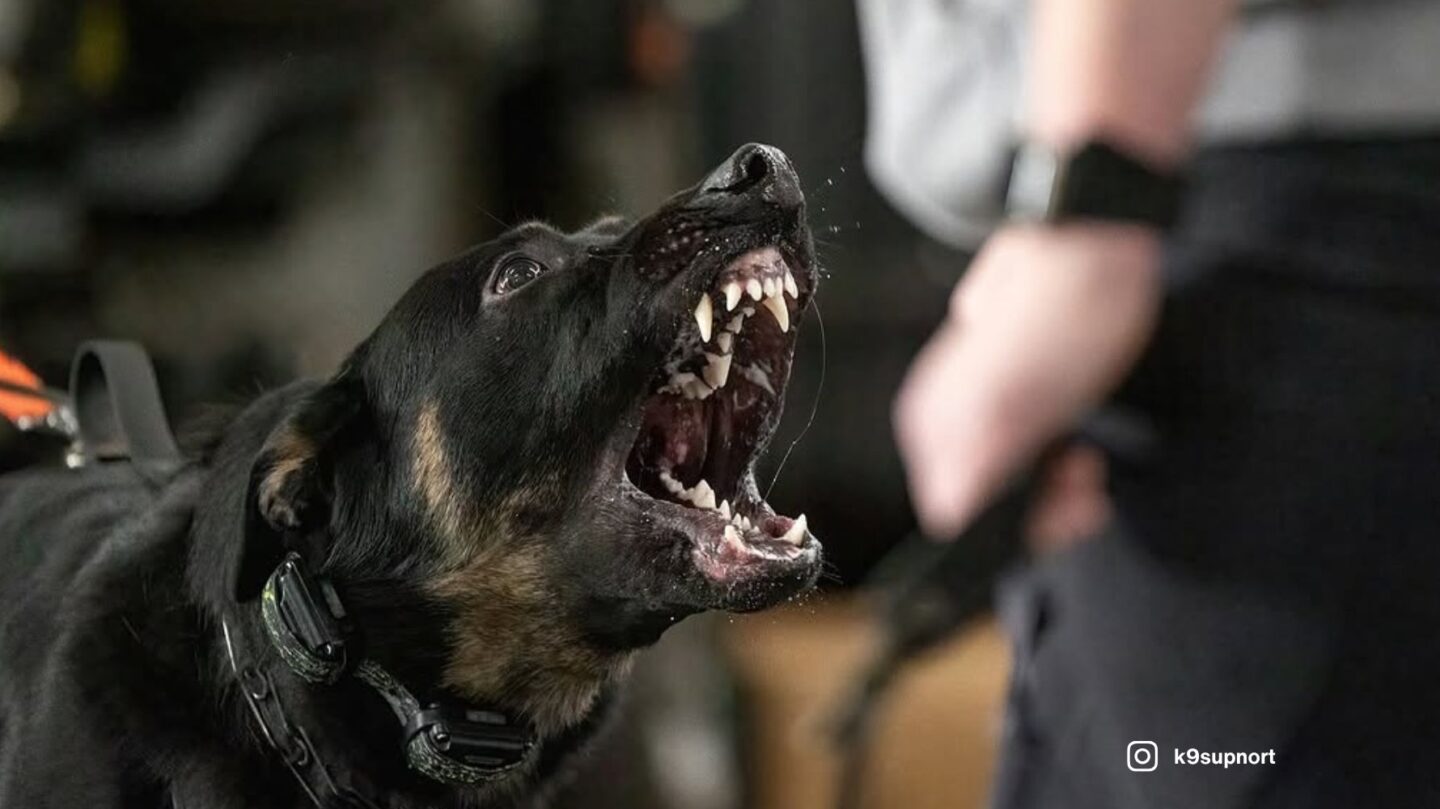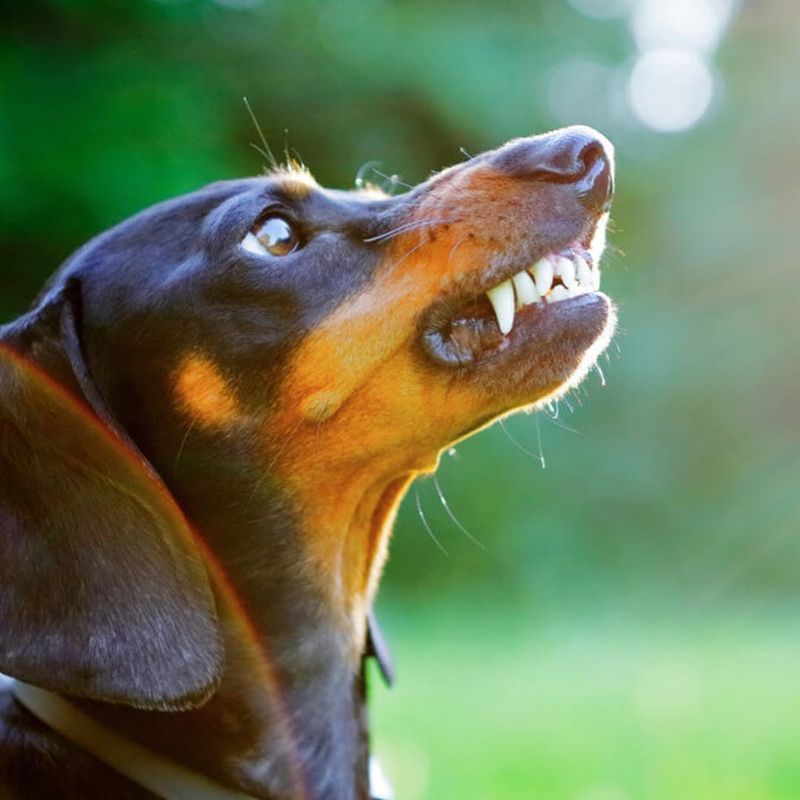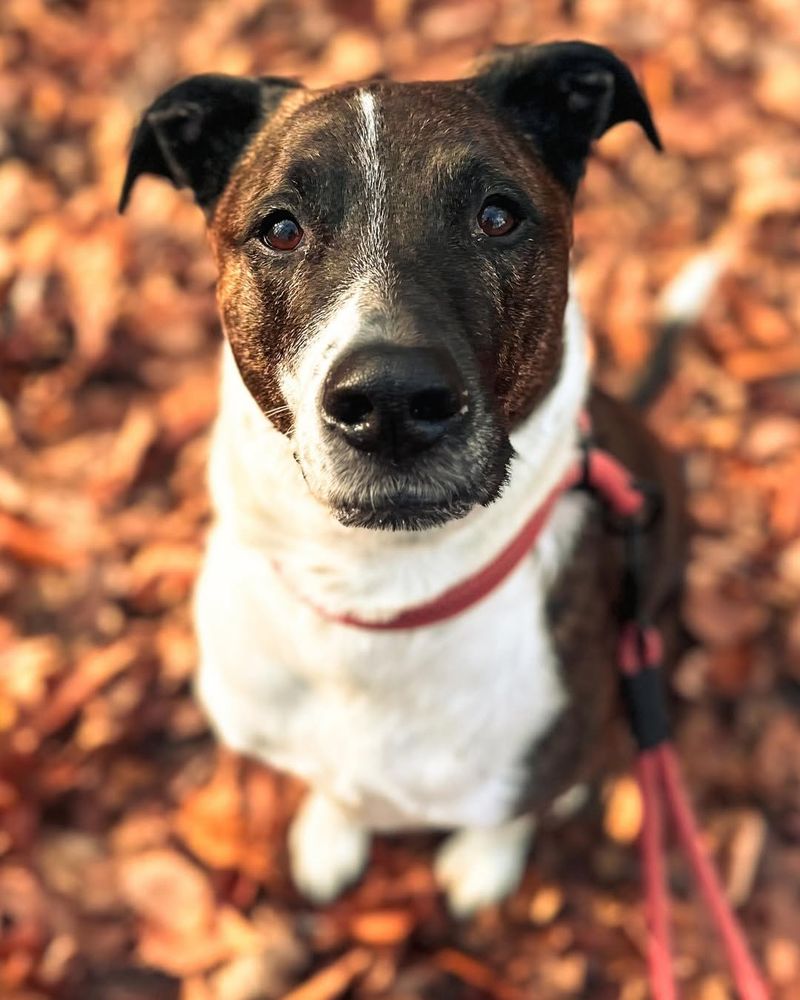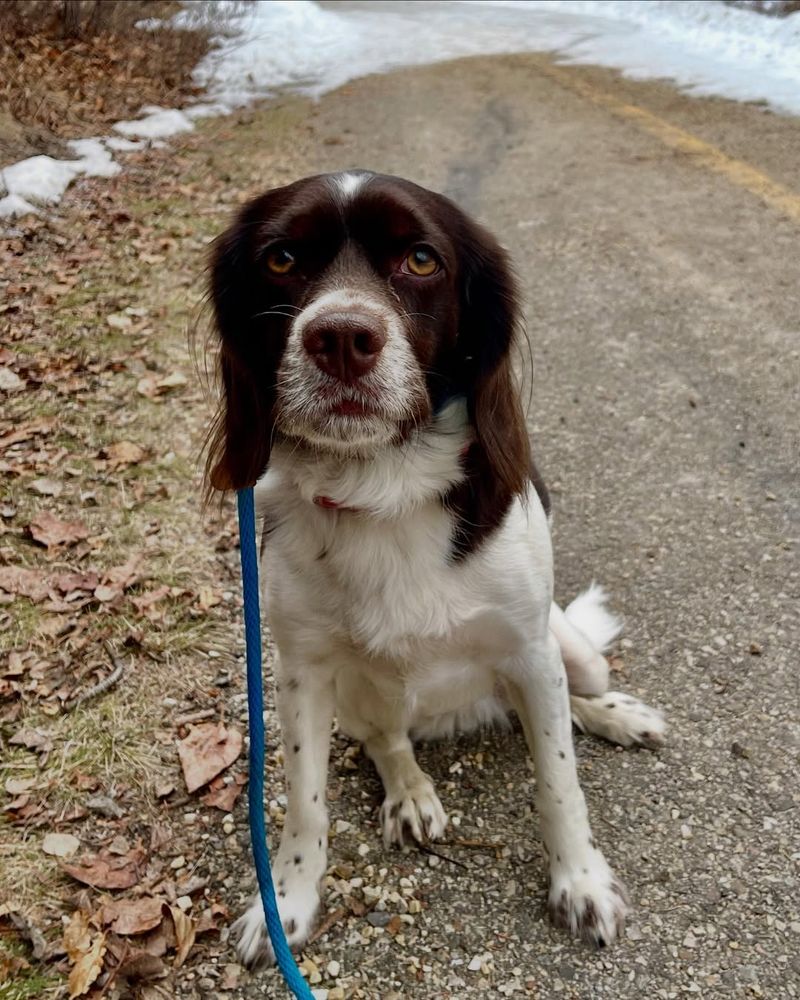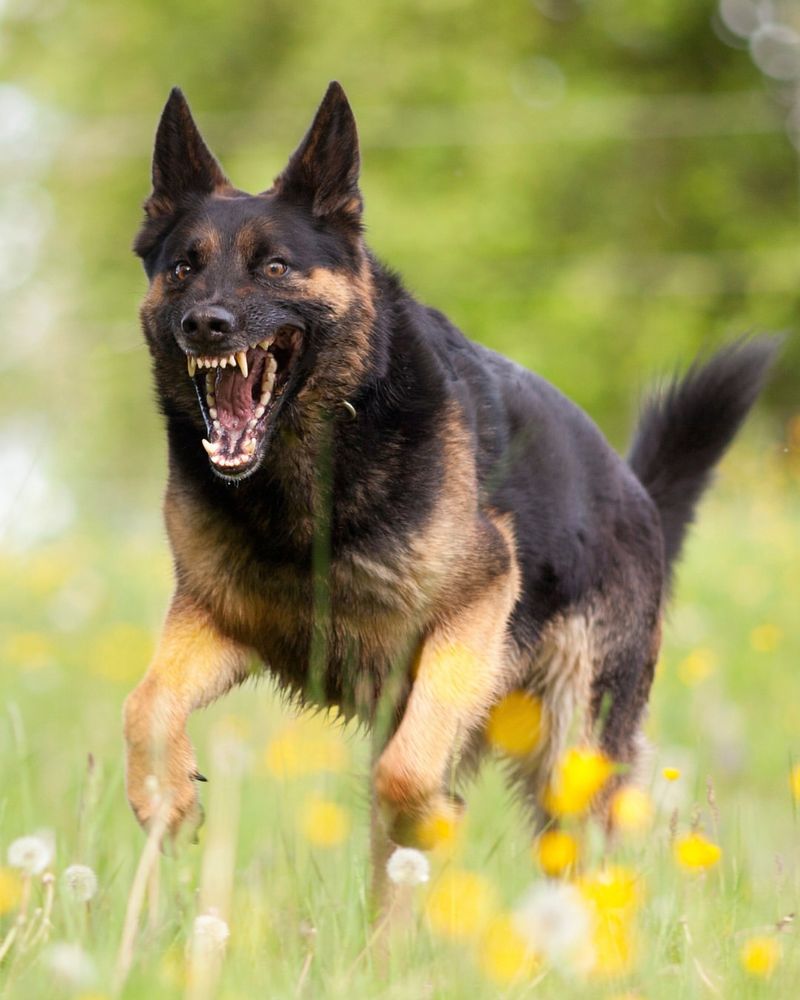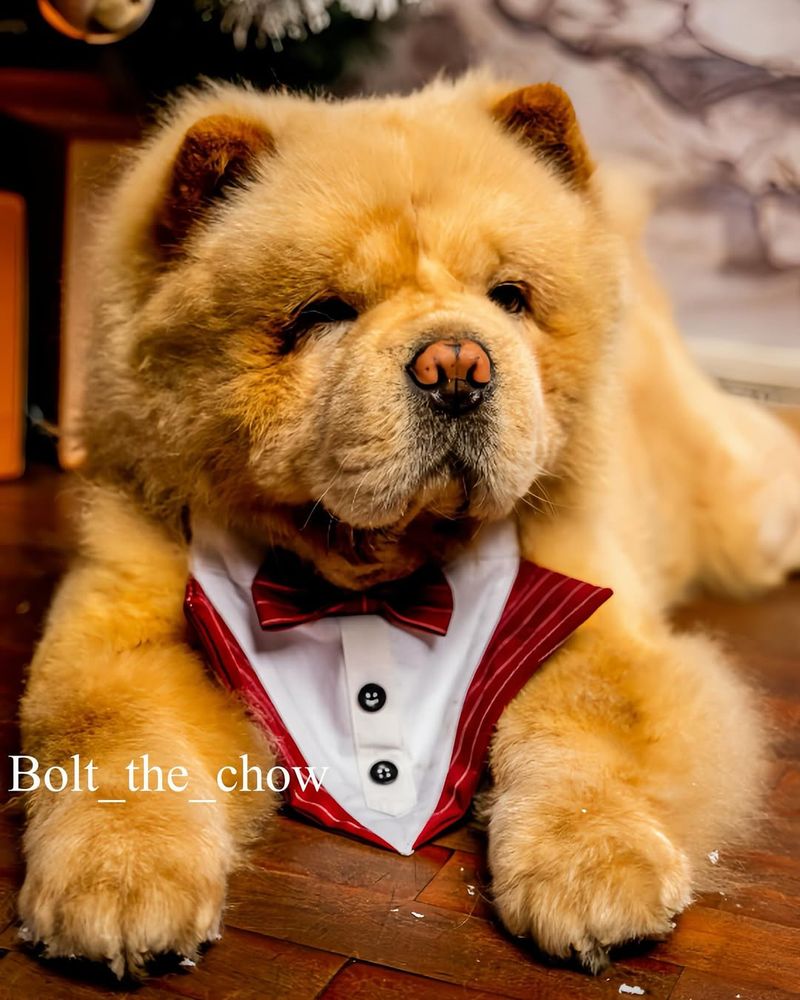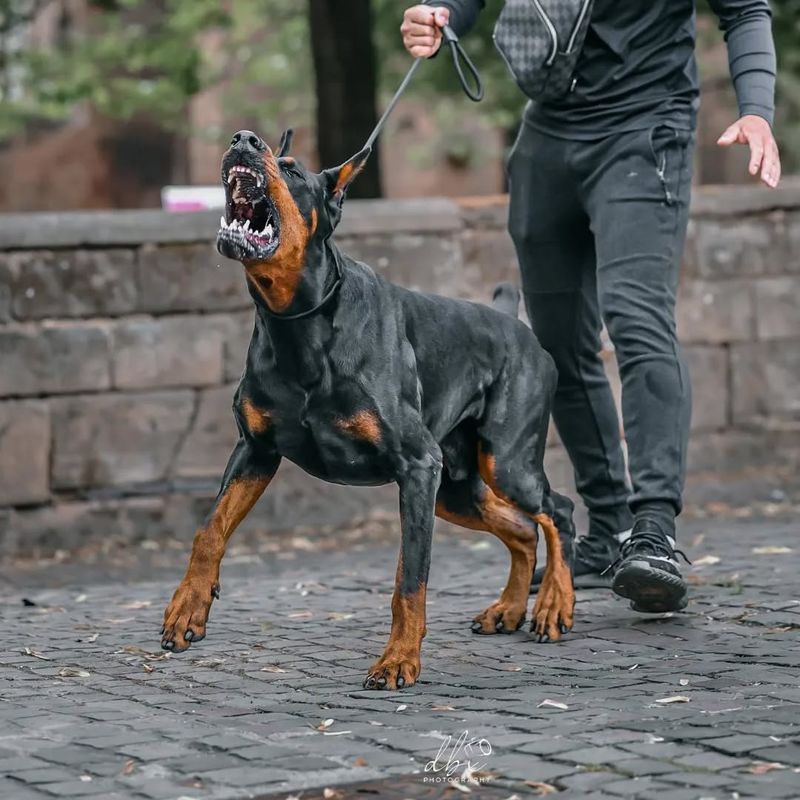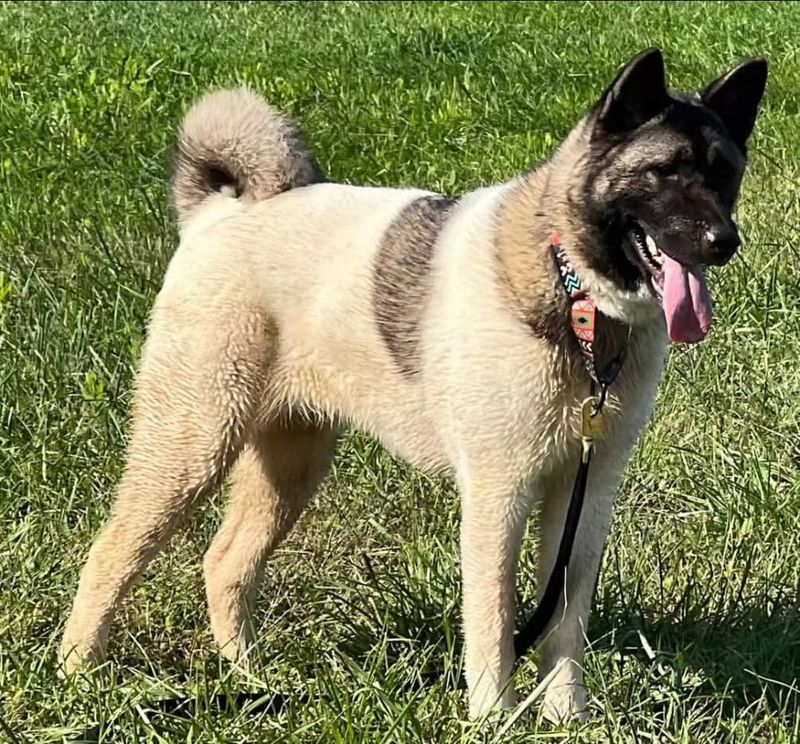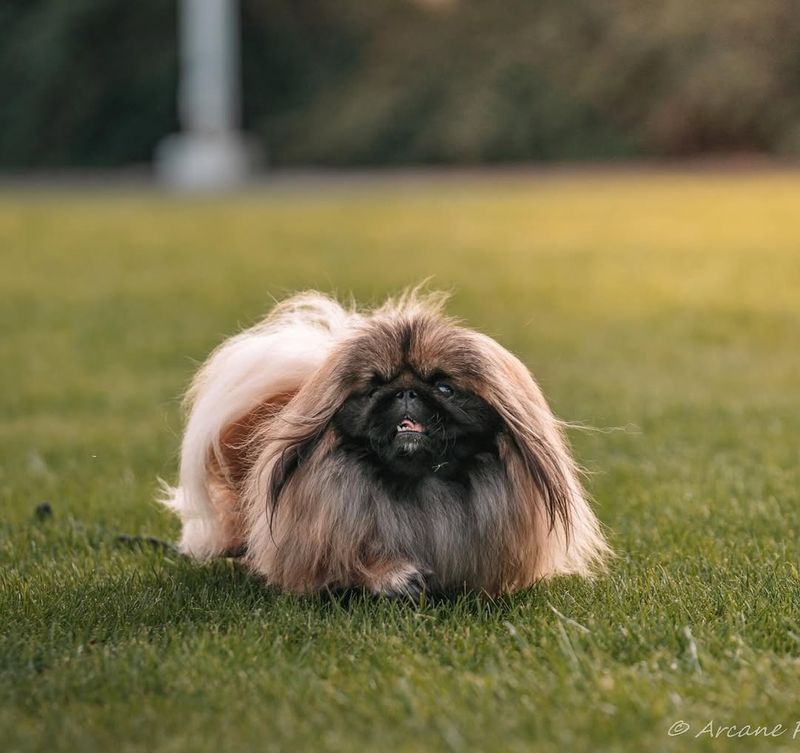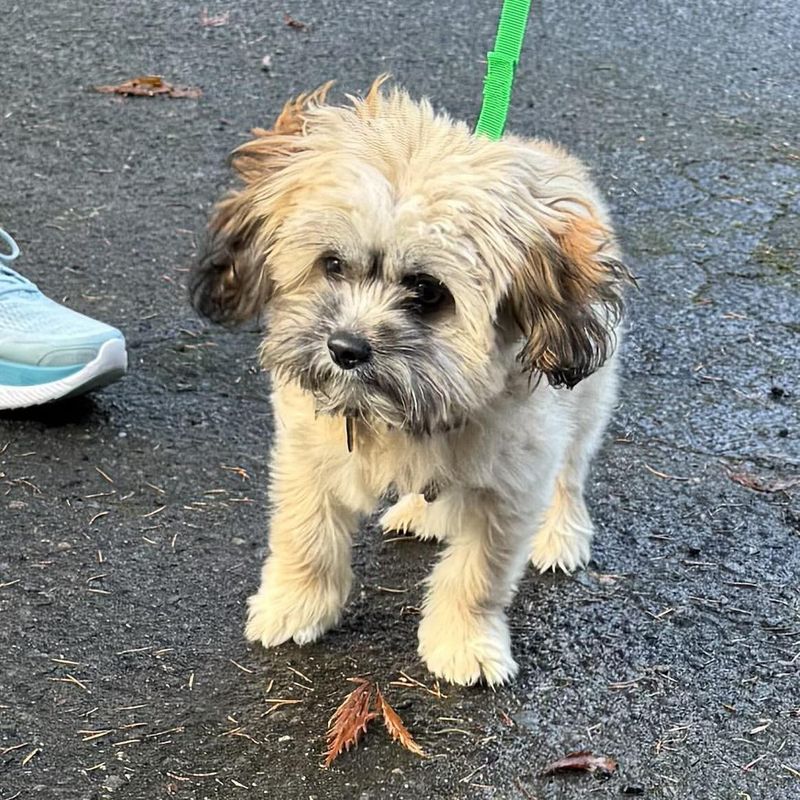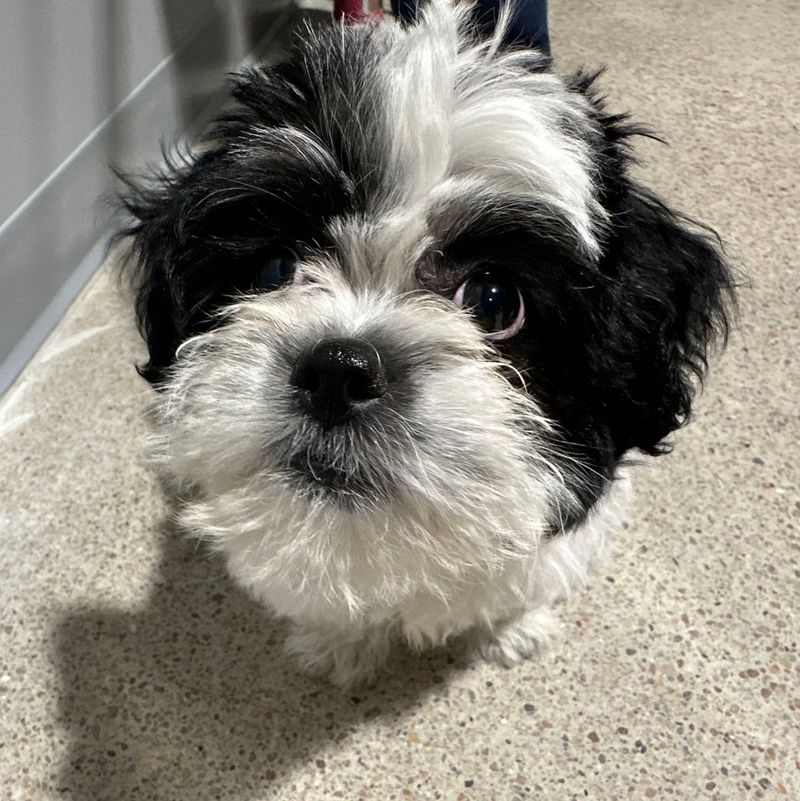Dog breeds display different levels of aggression, and certain breeds have been identified for their tendencies towards owner-directed aggression. Understanding these breeds can help current and prospective dog owners manage and train their pets more effectively. Here, we explore 13 breeds that have shown higher instances of such aggression according to various studies. This list provides insights into their nature, helping to foster safer and more harmonious relationships between dogs and their owners.
Chihuahua
Chihuahuas, despite their small size, are known for their spirited nature. These tiny dogs often exhibit signs of aggression, especially when they feel threatened or protective of their owner. Chihuahuas have been observed to snap or growl at their owners, particularly when they feel their space is being invaded. Their fearless demeanor can sometimes be misunderstood as hostile behavior. Owners are advised to handle them gently and establish clear boundaries. Chihuahuas benefit from early socialization to manage their aggressive tendencies. Consistent training and a calm environment can help mitigate their aggressive streak and foster a better relationship.
Dachshund
Dachshunds are lively and energetic, often showcasing a bold personality. Their history as hunting dogs contributes to their aggressive tendencies, particularly towards their owners when boundaries are not respected. These dogs might snap or bark aggressively if they are startled or feel cornered. Dachshunds require patient training to curb their aggressive instincts. Introducing them to varied environments and situations early can significantly reduce incidents of aggression. While these dogs can be stubborn, consistent positive reinforcement helps in managing their behavior effectively, promoting a harmonious home environment.
Jack Russell Terrier
Jack Russell Terriers are known for their high energy levels and intelligence. This breed can sometimes exhibit aggressive behavior towards their owners, often due to their strong-willed nature. They require firm, consistent training to ensure they respect boundaries. Jack Russells are quick to respond to perceived threats, which can lead to aggressive displays. Providing them with ample physical and mental stimulation is crucial to curb their aggressive tendencies. Owners should focus on positive reinforcement and early socialization to instill good behavior. With the right guidance, these terriers can be loving companions.
Cocker Spaniel
Cocker Spaniels, often associated with friendly dispositions, can show unexpected aggression towards their owners. This behavior is sometimes linked to a condition known as ‘Cocker Rage,’ involving sudden aggressive outbursts. While not all Cocker Spaniels exhibit this trait, it’s crucial for owners to be aware and prepared. Gentle handling and avoiding triggers that might provoke aggression are recommended. Understanding the individual dog’s triggers and ensuring they are well-socialized from a young age helps in managing their behavior. These dogs benefit from a stable and loving environment to feel secure.
Rottweiler
Rottweilers are known for their strength and protective instincts. While generally loyal to their families, they can exhibit owner-directed aggression if they perceive a threat. Proper training is essential to ensure these powerful dogs understand boundaries and respond to their owners. Socialization from a young age helps mitigate aggressive tendencies, ensuring the Rottweiler is well-adjusted. Providing firm guidance and structure is key in raising a Rottweiler. They thrive in environments where they are given clear roles and understand their position within the family hierarchy, reducing the likelihood of aggressive behavior.
German Shepherd
German Shepherds are renowned for their intelligence and versatility in various roles, including police and service dogs. However, they can show aggression towards their owners if not properly trained. These dogs need firm guidance to understand boundaries and expectations. Early training and socialization are crucial in curbing aggressive behaviors. German Shepherds thrive on mental and physical stimulation, requiring an active lifestyle to keep aggression at bay. Establishing a strong bond through positive reinforcement aids in reinforcing good behavior and preventing owner-directed aggression.
Chow Chow
Chow Chows, with their distinctive appearance, are known for being aloof and sometimes standoffish. This reserved nature can translate to aggression if they feel threatened or challenged. They require firm yet gentle handling to understand boundaries and trust their owners. Early socialization plays a vital role in tempering their aggressive tendencies. Chow Chows do best in environments where they feel secure and respected. Building a strong rapport through consistent training and positive reinforcement helps in reducing incidents of aggression and fostering a trusting relationship.
Doberman Pinscher
Doberman Pinschers are known for their loyalty and protective nature. However, their strong protective instincts can sometimes lead to aggression towards their owners if not properly managed. nTraining is key to ensure they understand commands and respect authority. Dobermans need early exposure to various environments and people to develop a balanced temperament. Providing structured routines and clear expectations helps in managing their behavior. Positive reinforcement fosters trust and reduces aggression, allowing these intelligent dogs to thrive as loyal companions.
Akita
Akitas are known for their independence and strength, traits that can sometimes manifest as aggression towards their owners. Their history as hunting and guard dogs contributes to this behavior. They benefit from assertive training that sets clear boundaries and expectations. Early socialization with people and other animals helps mitigate aggressive tendencies. Building a trusting relationship through consistent training and positive interactions is vital. Akitas need to know their place within the family structure to feel secure and reduce owner-directed aggression, making them excellent companions when properly understood.
Pekingese
Pekingese dogs, with their royal heritage, often exhibit a proud and independent nature. This can sometimes translate to aggression if they feel their space or status is being challenged. These dogs benefit from gentle handling and clear communication from their owners. Early socialization and exposure to various social situations help curb their aggressive tendencies. Establishing a routine that provides predictability and security enhances their comfort. Owners should reinforce positive behaviors through rewards and consistent training, ensuring a harmonious relationship with these spirited dogs.
Lhasa Apso
Lhasa Apsos are small but can be assertive, often reflecting their historical role as watchdogs in Tibetan monasteries. This can lead to owner-directed aggression if not properly managed. They require early training and socialization to establish boundaries and trust. Consistent routines and gentle guidance help in managing their behavior effectively. These dogs thrive in environments where they feel secure and respected. Positive reinforcement and a calm demeanor are essential in reducing aggression, allowing the Lhasa Apso to be a devoted companion while maintaining its unique character.
Shih Tzu
Shih Tzus, often seen as cute lap dogs, can display aggression towards their owners when they feel threatened or anxious. Their assertive nature is coupled with a desire to protect their space. They benefit from gentle but firm training that establishes clear boundaries. Early socialization helps in managing their spirited nature. Providing a stable environment with positive reinforcement encourages trust and reduces aggressive incidents. Shih Tzus are best suited to owners who understand their unique personality and are willing to work towards fostering a harmonious relationship.
Dalmatian
Dalmatians are known for their energy and distinctive spots, but they can also exhibit aggressive behavior towards their owners. This is often due to their strong-willed nature and need for leadership. They require assertive training and clear boundaries to understand their role within the family. Early socialization is crucial in preventing owner-directed aggression. Dalmatians thrive on activity and mental stimulation, which helps in channeling their energy positively. Providing a structured environment where they feel secure and understood aids in reducing aggressive tendencies and promoting a loving bond.
